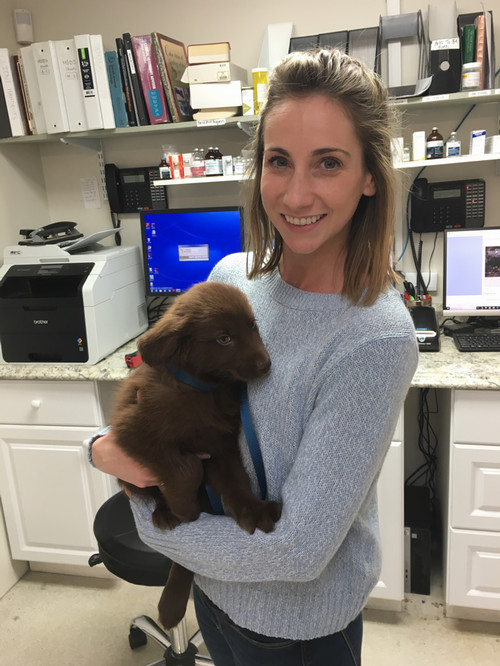Your Full-Service Vet in Germantown, MD
Where We Treat Your Pets Like Our Own

Since 1983, Germantown Veterinary Clinic has provided comprehensive veterinary care to pets in the Germantown community and beyond. We would be honored to be a partner in your pet's healthcare.
Learn More About Us
Explore our site and see what we do.
Serving the Germantown, MD & Gaithersburg, MD Area
FOR THE LOVE OF PETS
Montgomery County’s Most Trusted Animal Hospital RATED #1 VET


"Everyone was so kind & helpful. The office was very clean & spacious. Allison our Vet Technician was wonderful & explained everything our Vet would be doing & gave me great training tips. Dr. Eastep was so friendly & kind. She took the time to answer all of my questions thoroughly & handled my pup with such care. We both look forward to our next visit."
Dinorah C.
Cookies on this website are used to both support the function and performance of the site, and also for marketing purposes, including personalizing content and tailoring advertising to your interests. To manage marketing cookies on this website, please select the button that indicates your preferences. More information can be found in our privacy policy here.











